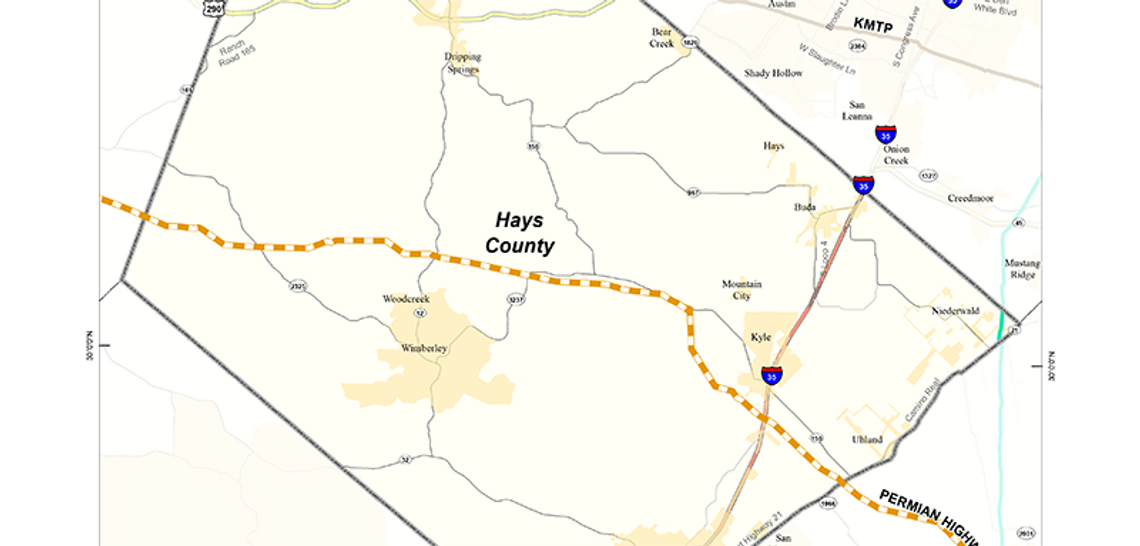(Map courtesy Kinder Morgan)
A proposed $2 billion, 430-mile pipeline that would funnel natural gas from the Texas Permian Basin to the Gulf Coast is expected to cut through Hays County.
PLEASE LOG IN FOR PREMIUM CONTENT. Our website requires visitors to log in to view the best local news.
Not yet a subscriber? Subscribe today!











